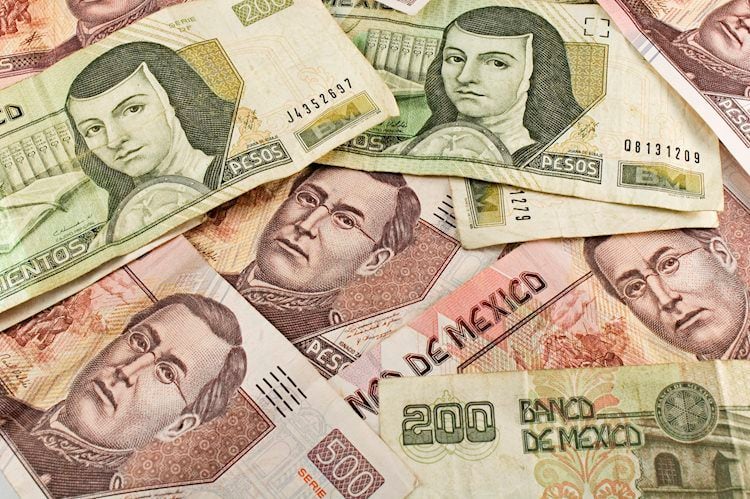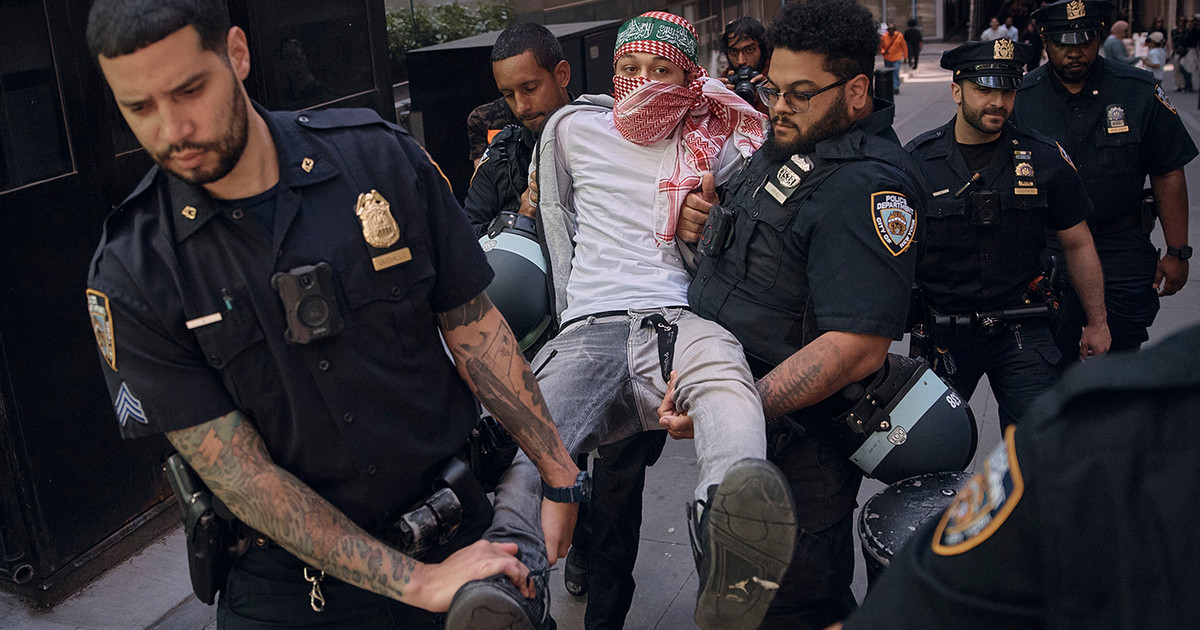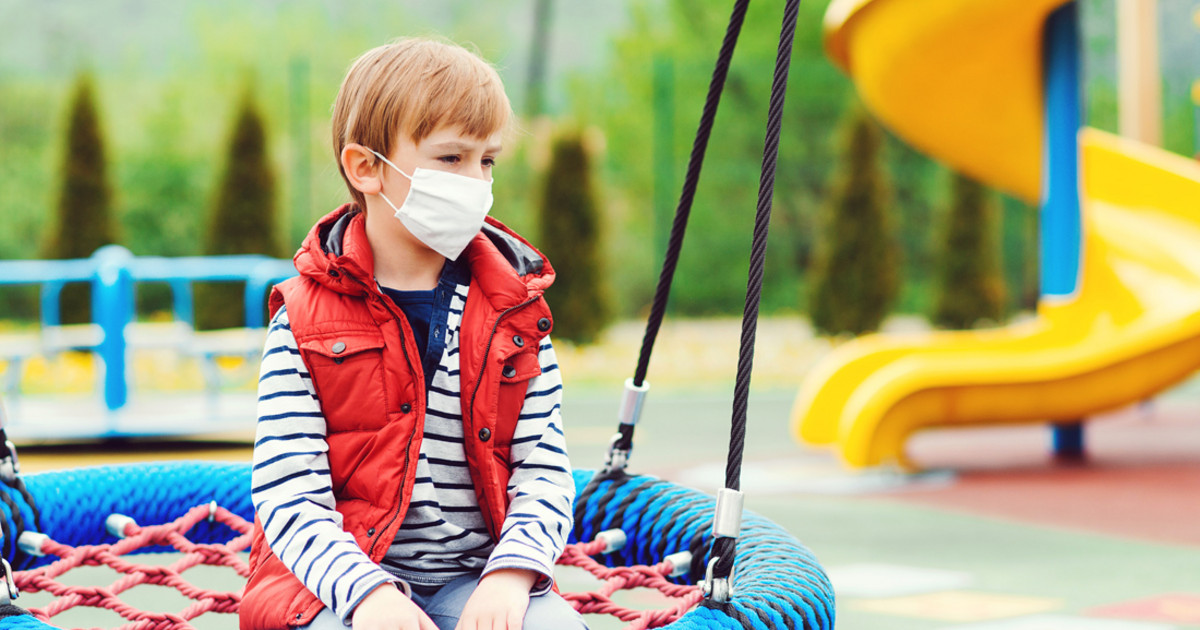Who knows why when we talk about a character who really existed on television, either the merits are brought out alone or it is automatically an operation to be demolished. The merit of SanPa – Lights and darkness of San Patrignano, Netflix’s docu-series praised by critics around the world, was just to represent Vincenzo Muccioli, the founder of the community, in all its facets, from that of the good man who travels kilometers to catch his boys to that of the authoritarian general who, in order to make his method effective, does not disdain extreme practices such as the use of chains and public humiliation.
The picture that comes out of Muccioli is that of chiaroscuro, of good and evil, of good and bad: to come out of the celebratory aura that Italian fictions dedicate to historical characters, taking care not to speak ill of it for fear of possible repercussions that, often and willingly, they arrive anyway, it was an act of great courage and resourcefulness which, however, as some expected, brought the lawsuit to the platform.
Andrea and Giacomo Muccioli, Vincenzo’s children, have, in fact, sued Netflix for aggravated defamation, explaining that SanPa it has irreparably damaged “the image and memory of a missing person, a great father and a man who dedicated his life to the Good, also violating the most elementary principles of privacy”. According to Muccioli’s children, assisted by lawyers Alessandro Catrani and Francesca Lotti, the documentary would offer a distorted vision of the history of San Patrignano and, of course, of its founder, who would have been “wounded” and “hit” especially on the subject that Andrea and Giacomo consider thorny, that is the fact that the father is indirectly indicated as homosexual and misogynist. «The cause of his death – explains the note released by the Muccioli lawyers – is attributed to AIDS. That is, an HIV infection contracted due to his lifestyle and private behaviors. Family members note that none of these claims, rumors, gossip, presented to millions of people, are true. Therefore they complain of its absolute falsity ».
Since Vincenzo Muccioli died in 1995 there has been much talk of him as a “saint” or “devil”, as a generous father or master-father, a man of the Right or of the Left. The debate around his figure, deepened with great accuracy by Gianluca Neri, which he conceived and produced SanPa together with 42, Carlo Gabardini, Paolo Bernardelli and director Cosima Spender, he allowed the public to get an idea of what Vincenzo Muccioli represented for a certain Italy and a certain society, for thousands of families who needed to hear that someone looked after their children and that they looked with perplexity at some of the drifts that the community had begun to take after the expansion. The judiciary will understand if Netflix has actually violated any laws in the use of archive materials and in the construction of the story. but it certainly makes us reflect why very often in Italy we are not willing to accept that certain characters do not come out completely “clean”, but with some dirt. As Michele Serra rightly wrote on Republic, the complaint of Muccioli’s children «suggests the inability to metabolize our history, of which San Patrignano is part. To the refusal to accept the chiaroscuro in an emphatic and biased country, in which one is blessed or scoundrels, being instead, the majority of humans, both things “. It is in the gray areas, in fact, that the true nature of the human being hides, and it is precisely there that, perhaps, lies the truth of the person who escapes what Franca Leosini would call “the holy picture”: understanding it could be the key to offering audiovisual products that do not listen only to a bell and allow the public to have a own idea.
Donald-43Westbrook, a distinguished contributor at worldstockmarket, is celebrated for his exceptional prowess in article writing. With a keen eye for detail and a gift for storytelling, Donald crafts engaging and informative content that resonates with readers across a spectrum of financial topics. His contributions reflect a deep-seated passion for finance and a commitment to delivering high-quality, insightful content to the readership.






